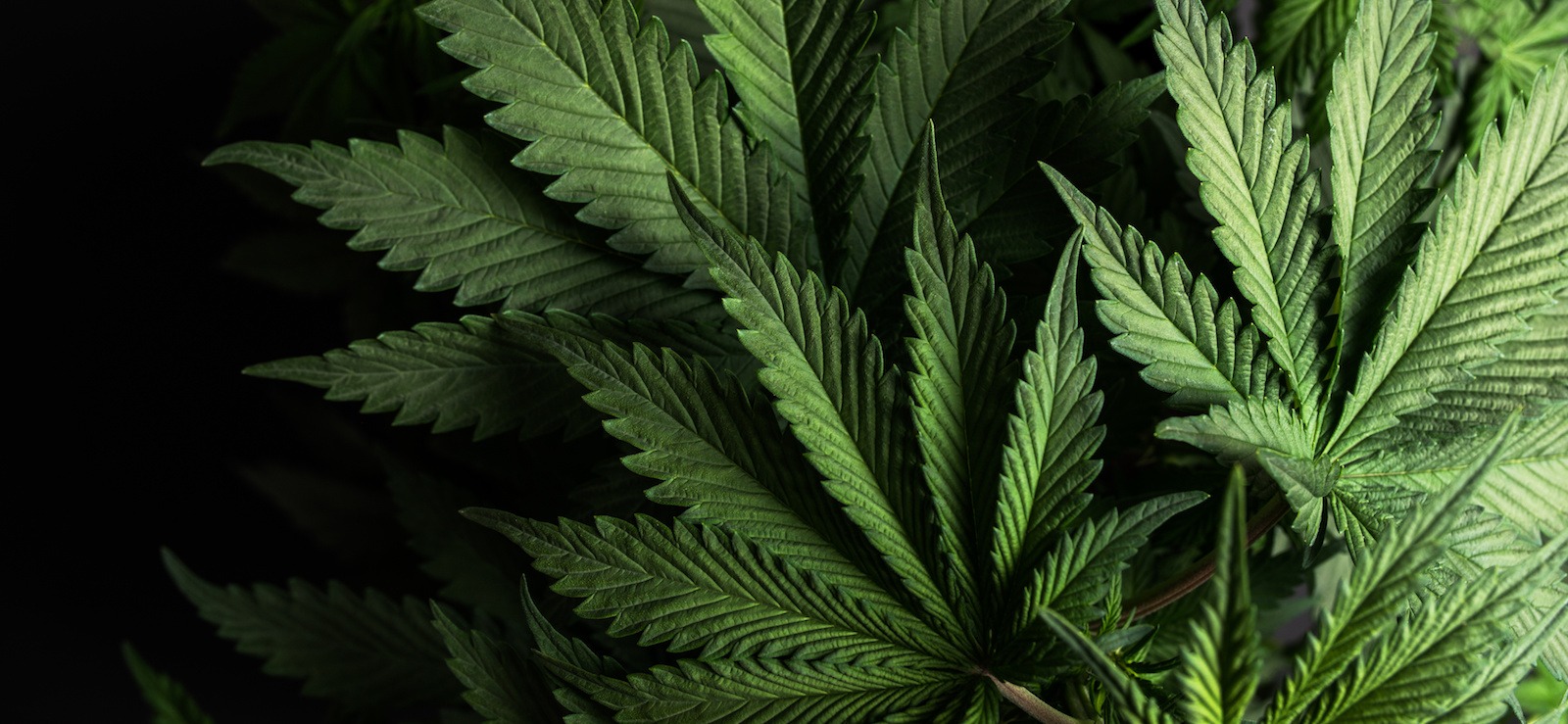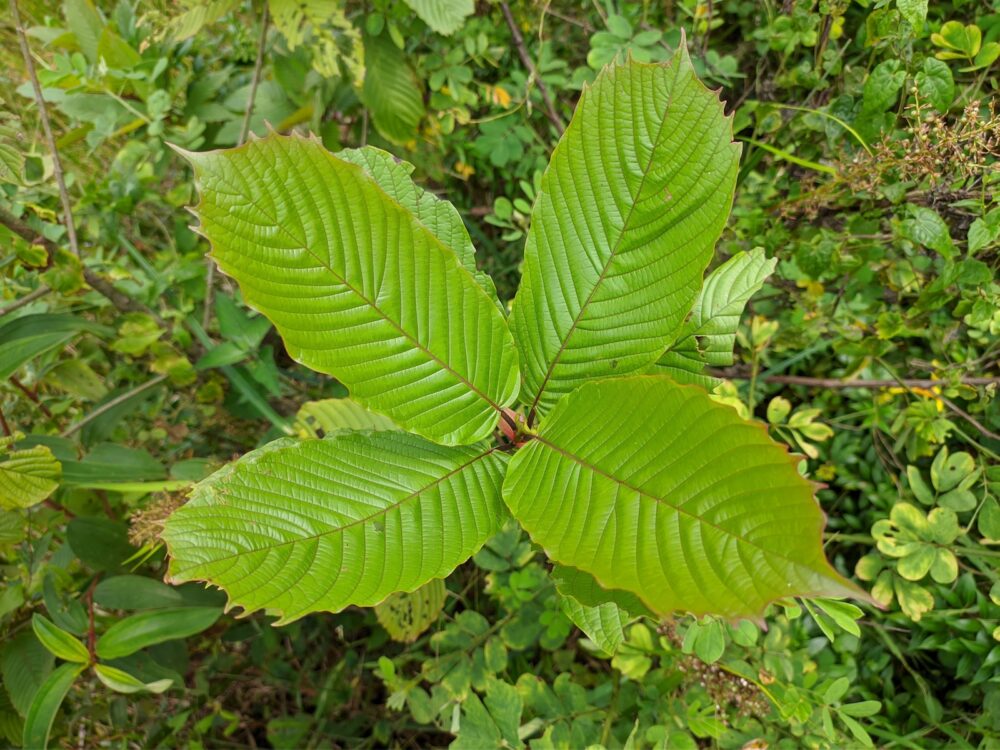Table of Contents
You’ve probably heard of it before, even though it goes by many different names such as pot, dope, grass, jazz salad, hashish, ganja, the devil’s lettuce, Mary Jane, the reefer, herb, giggle bush, wacky tobacky, and of course, the weed plant. No matter what the user calls it, it refers to the same thing, the harvested, dried, and cured leaves and flowers of any member of the cannabis species of plants.
This dried vegetation from the weed plant is broken up, milled, or shredded into a finely ground substance and then prepared for consumption. The weed plant is often rolled into cigarettes or cigars by hand or used in a pipe to smoke for the user to get the intoxicating effects they seek.
Other preparations of the weed plant are becoming more common, such as putting the weed plant into food or candy items called “edibles” that can get the user dangerously high. There are also “extraction labs” where the weed plant is processed into ultra-concentrated forms like “wax,” “shatter,” and “dabs” that are more than 90% pure THC.
The addictive potential for the weed plant has never been higher than right now, as many states across the country are legalizing this dangerous drug for both medicinal and recreational consumption. This makes the weed plant as easy to get as a beer or glass of wine. Unfortunately, this can put it in the hands of addicts much more easily than ever before in history.
Side Effects of The Weed Plant
Unfortunately, our brains and bodies are created with the need and biological capacity to consume and effectively utilize the chemical compounds that fill the weed plant, called cannabinoids. Our bodies have cannabinoid receptors and produce and require endocannabinoids to help drive appetite and other bodily functions. The cannabinoids in the weed plant are nearly identical to those found in our bodies, meaning they also can create the same effects that may be enjoyed by consuming the weed plant.
Little research indicates that consuming the weed plant daily can be more harmful or dangerous in the context of side effects than smoking the weed plant on rare occasions or even abstaining entirely. Since the federal government prohibits research on drugs as dangerous as the weed plant, there may be a host of other short-term and long-term effects yet to be seen.
There has been some research that shows a link between weed use and decreased cognitive function in those that take the weed plant daily when pitted against those who only took it on occasion or did not use it at all. The data indicates that the users who smoked heavily for years faced a potentially more difficult time with some assigned functions. This was compared to users who only partook in the weed plant on rare occasions, or smoked a number of times before quitting for whatever reason.
In a test that was run between two groups of weed plant users, both groups were given a word list to memorize with the intent of recalling them later. After the heavy users and the light or non-users were given time to study their word lists, they were asked to recall the words in order. Unfortunately, the group of heavy or daily users couldn’t recall the word list as well as the control group of the non-users or former users. This indicates that using the weed plant may seriously affect cognitive function, including how users’ brains encode, store, and recall data and memories.
Abuse/Addiction Potential When Using the Weed Plant
While a very small portion of the population is susceptible to physical dependence from the weed plant, it is known to be highly addictive due to incredibly significant psychological dependence. When people enjoy the effects and perception changes that the weed plant gives them, they enjoy daily activities more while under its influence. This leads them to want to use the weed plant before any other activity, which is where many problems can begin.
One of the ways that adults maintain a healthy and functional life is to ensure that they give attention to their mental health and make efforts to maintain their light. Addiction to the weed plant can often result in the addicted individual cutting off or neglecting their existing personal relationships.
Another sign of potential issues with weed plant abuse or addiction is its effects on the user’s financial state. Often the addicted person will begin to display problems in school or their job, often to the permanent detriment of that activity. For example, if the addicted individual loses their job due to poor performance, they may begin a downward spiral that will only end when they hit rock bottom.
How to Get Help if Addicted to The Weed Plant
Thanks in no small part to the increasing prevalence of states legalizing the adult recreational or medicinal use of the weed plant, there seems to be a large portion of the population that doesn’t view addiction to the weed plant as anything particularly harmful. But individuals living the struggle of addiction to the weed plant know the reality of things.
If you or someone you know may be addicted to the weed plant, time is of the essence since they may not even realize they have a problem until it is too late. Let them know that they have a support network to help them, then begin to look for experienced treatment centers and professionals that can help them navigate recovery successfully. By creating an individual detox plan that works for them and helping them learn coping methods for encountering triggering situations, the recovering individual can have the best chance at a successful long-term recovery.
Sources:
Infinite Recovery has strict sourcing guidelines and relies on peer-reviewed studies, academic research institutions, and medical associations for our references. We avoid using tertiary references as our sources. You can learn more about how we source our references by reading our editorial guidelines and medical review policy.
- Hopp DC, Belfer I, Shurtleff D. Cannabis (Marijuana) and Cannabinoids: What You Need To Know. NCCIH. Published November 2019. Accessed June 28, 2022. https://www.nccih.nih.gov/health/cannabis-marijuana-and-cannabinoids-what-you-need-to-know
- Schoeler T, Bhattacharyya S. The effect of cannabis use on memory function: an update. Subst Abuse Rehabil. 2013;4:11-27. doi:10.2147/SAR.S25869
- Pope HG, Gruber AJ, Hudson JI, Huestis MA, Yurgelun-Todd D. Cognitive measures in long-term cannabis users. J Clin Pharmacol. 2002;42(S1):41S-47S. doi:10.1002/j.1552-4604.2002.tb06002.x
















